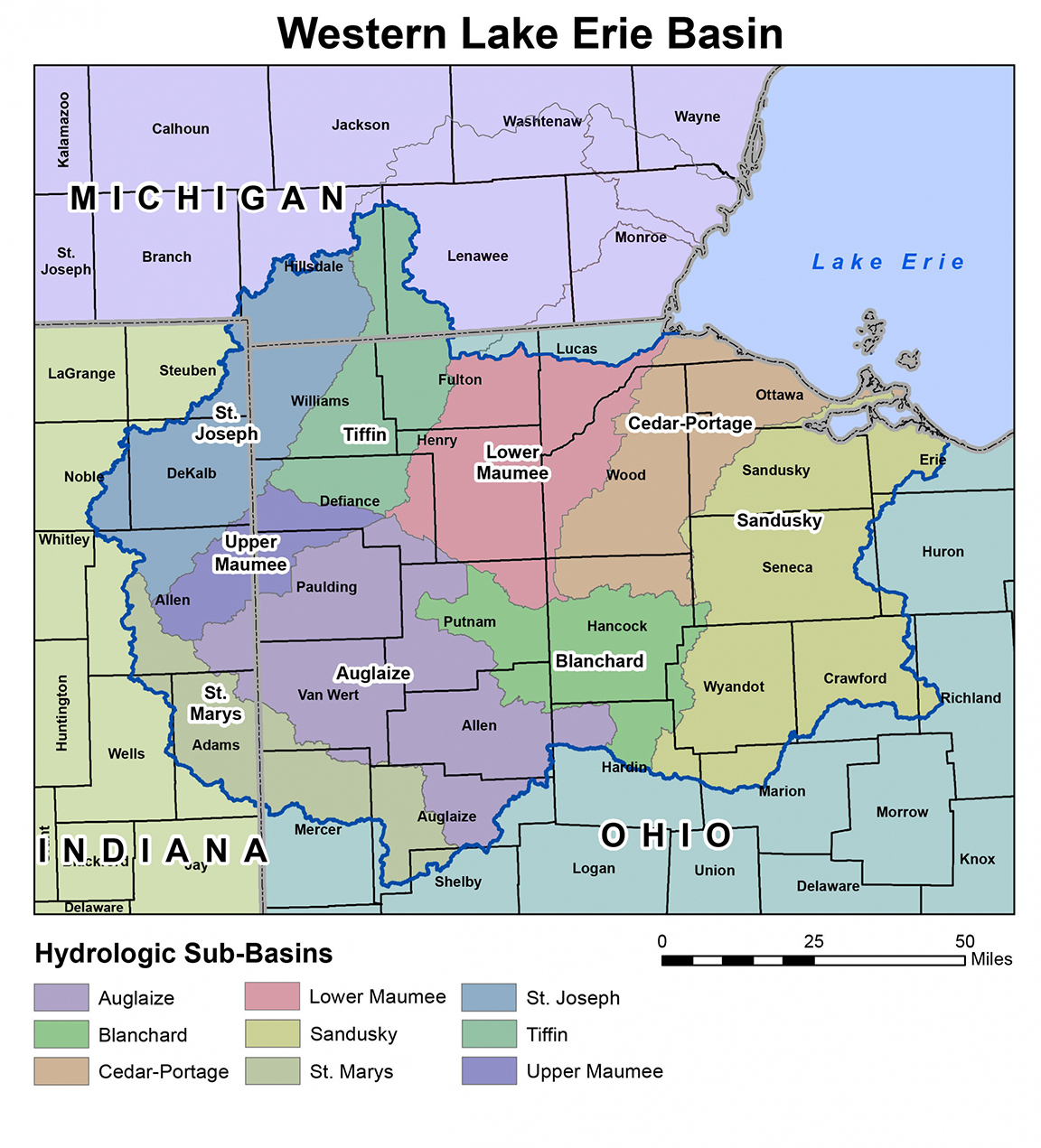Session 4
Restoring Waters to Recreational Use
Tracking Land-based Sources of Nutrients and Microbial Contamination in a Pacific Northwest Estuarine Watershed
Amy Zimmer-Faust
No Bio Delivered
Ambient Water Quality Thresholds for Human-associated HF183: Effect of Water Temperature, Aging, and Co-contamination with Gull Feces
Jeff Soller
Mr. Jeffrey Soller is the Principal Scientist at Soller Environmental, LLC. He conducts microbial risk assessments, evaluates, interprets, and communicates water quality issues, and specializes in working at the interface of risk-based science and environmental policy. Mr. Soller has been a visiting scientist with the National Institute of Water and Atmospheric Research in New Zealand, and a Risk Policy Fellow with the American Association for the Advancement of Science. He holds degrees from Carnegie Mellon University and the University of California, at Berkeley, His work is widely cited in the peer reviewed literature.
MERA – an Integrated, Transdisciplinary Study of Water Quality and Human Health at a Tropical Beach
Valerie Harwood
Dr. Valerie J. Harwood is an environmental microbiologist. She is a professor and chair of the Department of Integrative Biology at the University of South Florida. She has over 25 years of research experience that focuses on microbial ecology and water quality. Her interests include development and application of microbial source tracking methods, persistence and ecology of fecal bacteria and viruses in extra-intestinal, and antibiotic resistant bacteria in aquatic environments. She is an author of over 115 peer-reviewed papers Her current projects include a collaborative study on the effects of animal fecal contamination on human health and microbiome status in Ecuador.
EPA’s New Sanitary Survey App for Marine and Freshwaters
Samantha Fontenelle
Commander Samantha Fontenelle is a Commissioned Officer with the U.S. Public Health Service stationed with the U.S. Environmental Protection Agency, Office of Water, Office of Science and Technology. She supports the EPA’s Fish and Beach programs and is the Technical Lead for EPA’s Sanitary Survey App for Marine and Freshwaters. Prior to joining EPA, Commander Fontenelle worked in Office of Groundwater and Drinking Water supporting the development of the Water Laboratory Alliance. Commander Fontenelle has a Master of Public Health from The Johns Hopkins University.
The Florida Department of Environmental Protection’s MST Toolbox in Action
David Whiting
Mr. David Whiting works for the Florida Department of Environmental Protection as the Deputy Director over the Laboratory and Water Quality Standards Programs within the Division of Environmental Assessment and Restoration. In addition to administrating the laboratory and WQS programs, he is currently involved in FDEP’s Microbial Source Tracking efforts to identify fecal sources, FDEP’s Harmful Algal Bloom response activities, and the state’s efforts to understand the potential impacts of emerging contaminants of concern. Dave has a B.A. degree in Fisheries and Wildlife Management and a M.A. in Ecology from the University of Missouri-Columbia. Email: david.d.whiting@dep.state.fl.us, Phone: (850) 245-8191.
Lessons Learned on Remediation Options for Harmful Algal Blooms (HABs) in Recreational Lakes
Becky Tuden
Becky Tuden is the Ecological Services Manager for the East Bay Regional Park District. The District oversees 125,000 acres in the East Bay of the San Frnacisco Bay Area. Becky oversees the natural resource permitting, Integrated Pest Management and Water Management programs for the District. She has been heading up the Harmful Algal Blooms (HABs) workgroup for the past 3 years. Previously, she worked on water resource issues with the US EPA and the San Francisco Regional Water Board including wetlands permitting, water quality standards, dredged material management and development of a watershed plan for Tomales Bay. She also worked for the City of Oakland on storm water management, creek restoration and implementation of green infrastructure projects. Becky has a Masters in Environmental Policy from U.C. Berkeley.
Identifying Septic Pollution Exposure Routes During a Waterborne Norovirus Outbreak -- A New Application for Human-associated Microbial Source Tracking qPCR
Mia Mattioli
Dr. Mattioli is the PI for the CDC’s Waterborne Disease Prevention Branch’s Domestic WASH Lab within Environmental Microbiology and Engineering Laboratory Team. Her research focuses on the intersection between the environment and human health with a specific interest in the relationship between, and fate and transport of, fecal indicators and enteric pathogens. Dr. Mattioli also leads CDC’s environmental investigations of waterborne outbreak responses. She has a Bachelor of Science in Biological Engineering from the University of Georgia and a Master and Ph.D. in Environmental Engineering from Stanford University.
Sky Harbor Beach Restoration: Impacts on E. coli Levels Over a Three-Year Period
Cindy Hakala
Cindy Hakala has been the Beach Program Coordinator for Minnesota since 2011. She has piloted Virtual Beach modeling in Minnesota, evaluated the notification and outreach component of the Beach Program, and created new outreach methods to help the public understand the link between their behavior and their health at the beach. In the past several years she has had the pleasure of closely watching and documenting the improving water quality at two Lake Superior beaches. She has a Master of Environmental Education from the University of Minnesota, Duluth. She is also a co-founder and president of Starry Skies Lake Superior, a chapter of the International Dark-Sky Association and enjoys fighting light pollution in her spare time.

